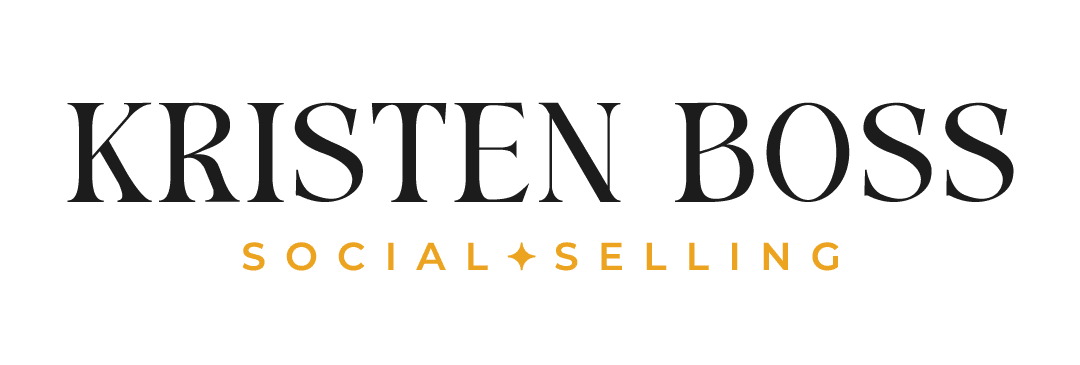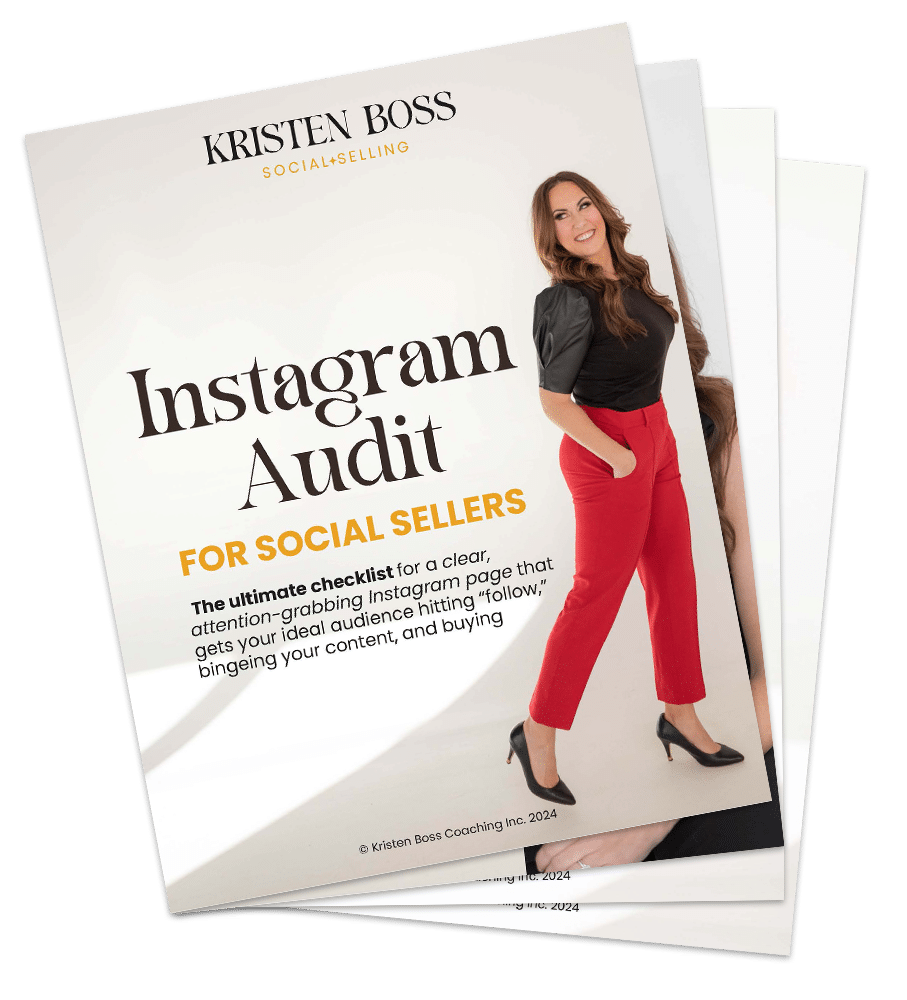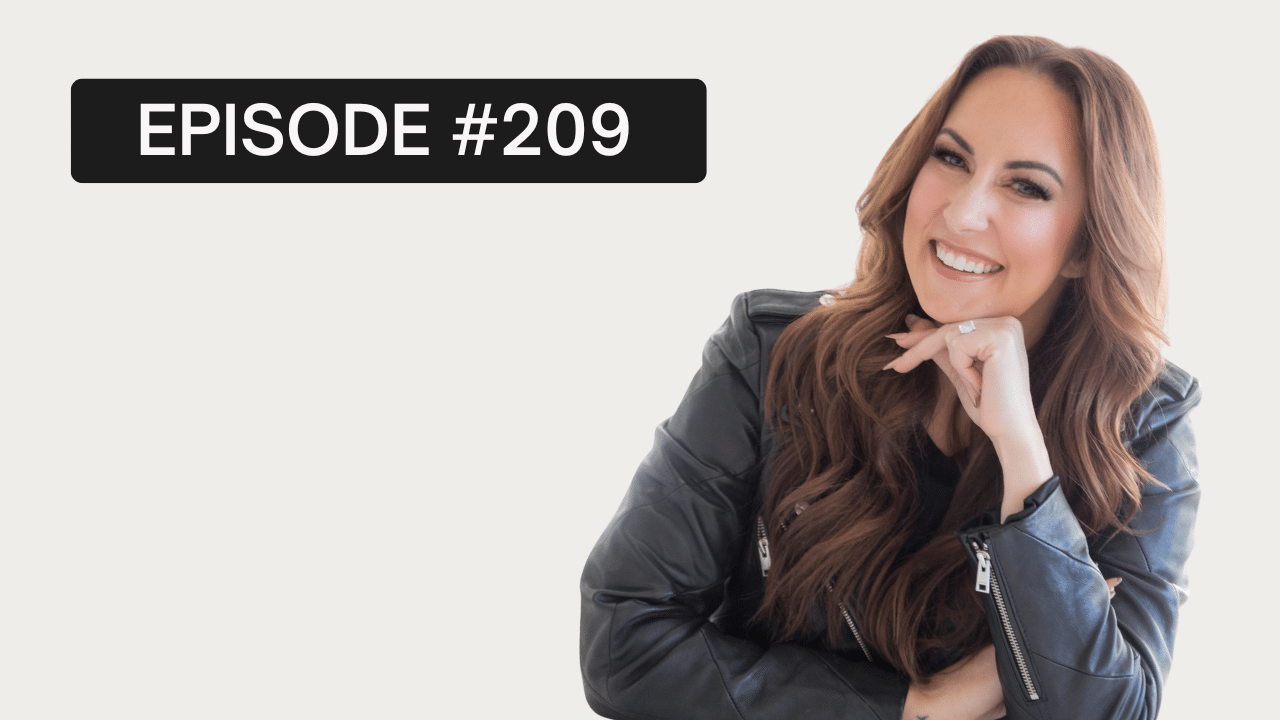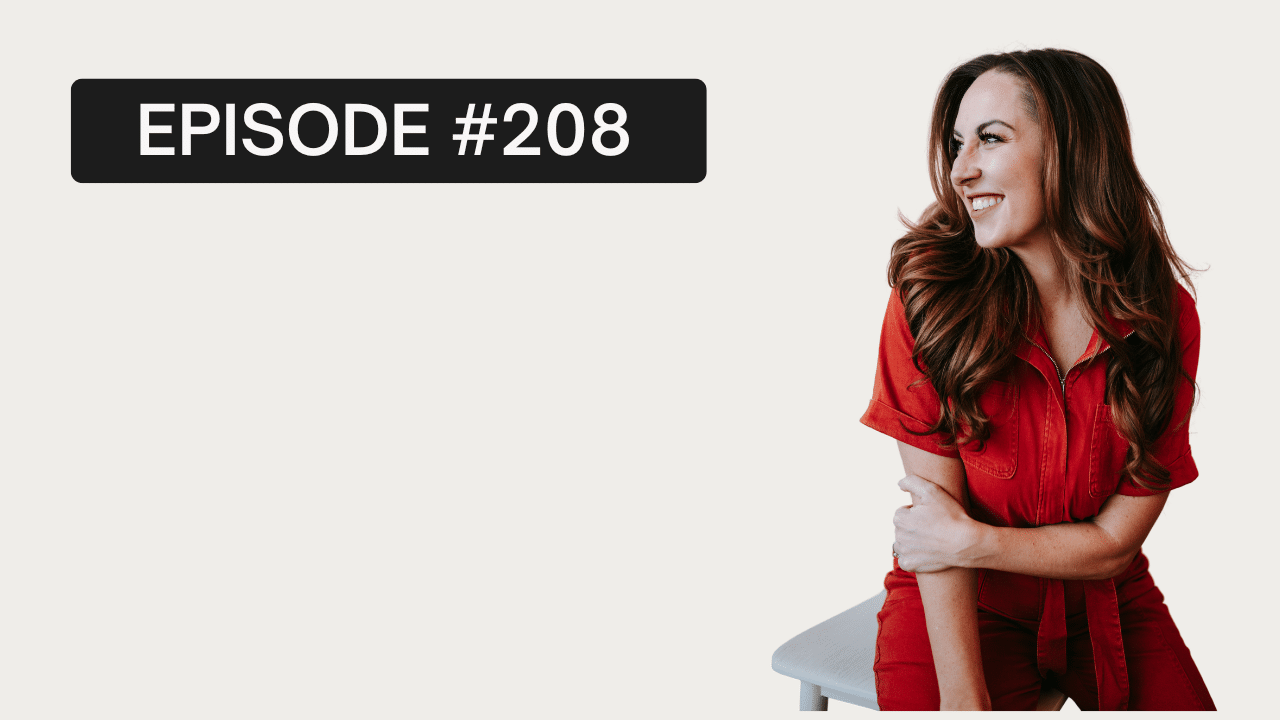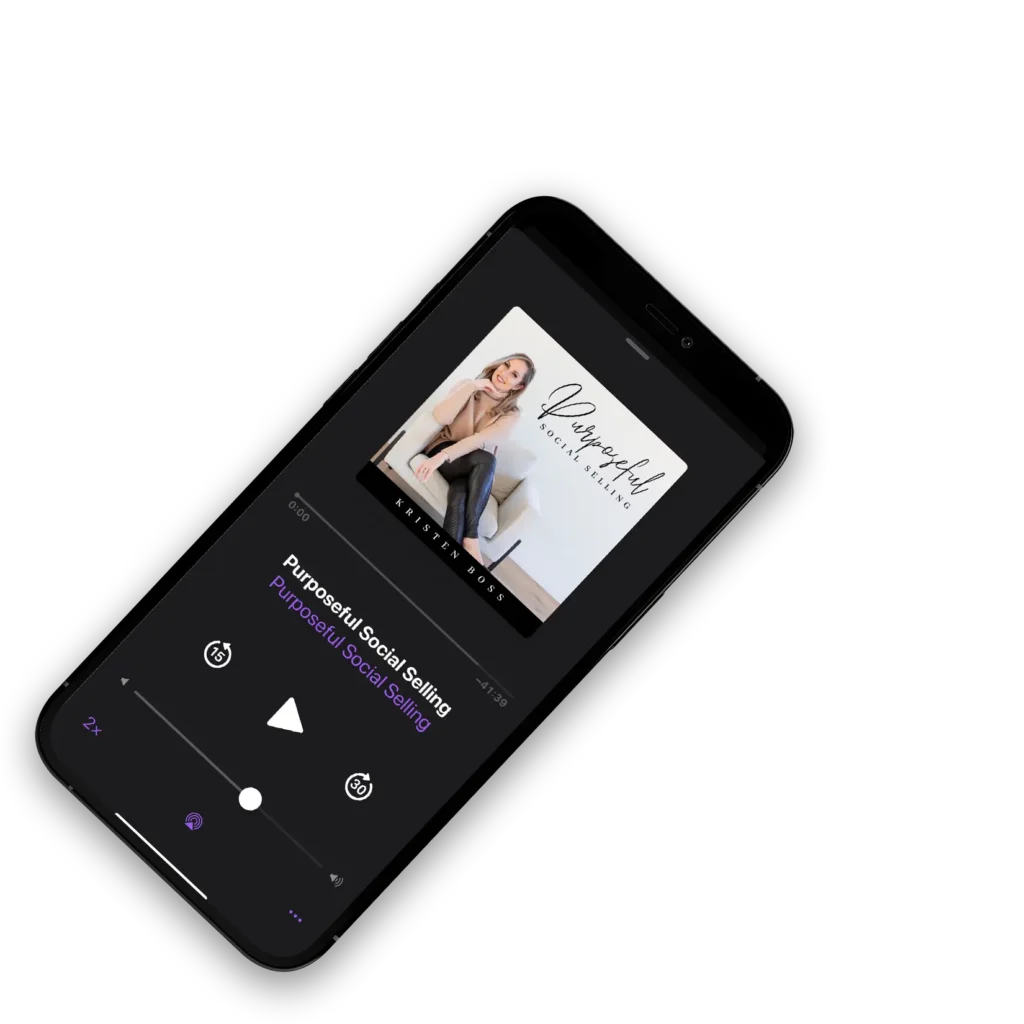The content we consume and create on social media platforms has become an integral part of our daily lives. We are constantly bombarded with content from all corners of the internet. Whether we are the creators or the consumers of this content, there are two distinct categories that many of us find ourselves falling into.
In today’s episode, Kristen unpacks creator content entitlement and consumer entitlement. These categories often lead to frustration and unmet expectations, but with a mindset shift, we can find a newfound approach to content creation and consumption.
Let’s look at a few highlights:
- Content creators often crave validation through likes, follows, and shares, which can sometimes breed a sense of entitlement.
- Success in content creation requires patience. Consistency, quality, and quantity are vital, but instant success is rare.
- Embrace a giving mentality on social platforms. Engage with others’ content just as you’d like them to engage with yours. It’s a mutually beneficial approach.
- We often expect free access to content, from advice to entertainment. While this expectation isn’t inherently wrong, it can promote passive consumption without reciprocation.
Content entitlement comes in two forms, and it’s crucial to recognize which category you might fall into. Whether you’re a content creator or a consumer, clarity in how you use, create, and consume content is essential. Reframing your mindset, understanding the effort required, and fostering a culture of support rather than entitlement can lead to a more meaningful social media experience.
Introducing the Social Selling Leadership School: A 12-week Advanced Leadership Certification program for Network Marketers. This program was designed to give you everything you need to be a confident and transformational coach for the people you serve and help your team get massive results. This is the ONLY Coaching Certification program built specifically for the social selling market. Find out more and join the waitlist here!.
Thanks for listening! Do you have a question about network marketing? Kristen can help! Drop your question here, and she just might answer it live on the podcast: https:/Kristenboss.com/question
If you’re ready to learn the simple process of running your social selling business online, you have to check out Kristen’s live group coaching program! The Social Selling Academy: www.thesocialsellingacademy.com
Transcript for Episode #182: Content Entitlement
Kristen Boss (00:19): You are listening to the Kristen Bos podcast. I’m your host, Kristen Boss. As a bestselling author and performance coach, I’m on a mission to share about sustainable and purposeful approaches to both business and life. Each week I bring relevant topics that I believe are necessary to create a life of purpose, significance and meaning. Entrepreneurship is about so much more than growing your bottom line. It’s about who you are becoming in the process and building a life that is truly extraordinary. Entrepreneurship is really just the beginning.
Kristen Boss (00:56): Hey, bosses. Welcome to another episode of the podcast. This week we’re going to talk about a topic that’s a little bit different than an earlier podcast episode I did way back called Success Entitlement. And this one I’m calling Content Entitlement. And there are two types of this, and you might fall in one of these categories, but the goal is for you to have a little bit more clarity about how you use content, how you create content, and how you consume content. Real quick, by the way, if you haven’t left a review for the podcast recently, I would absolutely love if you could just head over to the show, leave a quick review and share with us why you love it. It would mean so much to us because we love serving you. Alright, so let’s get into the content for the day. Alright, content entitlement.
Kristen Boss (01:46): There’s actually two types. There is creator content, entitlement, entitlement as the creator of the content. And then there is consumer entitlement. And I will tell you, I have been in both camps of these, so I’m not going to pretend that I am better than everybody else and that I’ve never struggled with this. I have absolutely been in both camps, and I’m going to talk about how to kind of reframe your mindset and how to get out of this entitlement and back into the heart of service and shifting how you view content. So let’s first talk about creator content, actually not just creator content, but creator entitlement. So creator entitlement is when we set out as content creators being someone who specifically curates content for a specific audience in order to facilitate a customer journey in order to get them, because you’re not just creating content, so people just consume your content forever.
Kristen Boss (02:42): You always are creating content with an end goal in mind. Content is about creating customers, not just creating followers, but I think a lot of times people get lost in creating content for followers instead of creating content that turns followers into customers. Now, I have noticed that when people start on their content creation journey, or maybe they’re just like, all right, I’m going to uplevel my journey. I know I’ve maybe had my hand on this a little bit, but it’s time for me to level up. It’s time for me to grow my audience, grow my market, talk to more people, get more customers. So this is what I notice is there’s always the phase of, I’m going to call it ignorance when you come into content creation, assuming it’s going to be easier than it actually is, not really allowing for the learning curve that comes with content creation, like coming up with strategy, consistency, understanding how to write content that speaks to your audience, how to build engagement.
Kristen Boss (03:41): It’s not just writing a post, anybody can write a post. It’s about learning to hook your audience, create a caption that compels them, encouraging engagement, making sure you catch their eye because it’s not just about creating content that somebody consumes. You want someone to take action with your content, not just consume it. And I find right now, consumers, content consumers, people that follow your content online, they’re lazier than ever. It is so hard to get people to just double tap and to comment because people are so used to just scrolling through. Even if they like something and find it entertaining, they just scroll through and we’ll get to that because we’re going to talk about the consumer consumer entitlement, but right now we’re in the creator entitlement. And so it’s the idea of I put something out there and therefore I deserve the, I deserve the comment.
Kristen Boss (04:39): I deserve to go viral. I deserve to have more people following me. Why isn’t my account growing? Why aren’t customers just appearing? And so here’s what I would say, your content actually goes through multiple phases. Your first phase is like your beginner learners curve. You’re just figuring out, okay, who am I writing to? How do I learn to write people and how do I do this consistently? Really phase one is just building the habit of content creation of you becoming somebody who writes content and posts it on a regular basis, regular basis, meaning five out of seven days a week, you are creating content and putting it out there and posting it consistently. That’s phase one. Most people fail phase one. Why? Because creator entitlement comes in and they’re like, why isn’t everybody liking this? Why haven’t I gone viral yet? Why haven’t I found a customer yet?
Kristen Boss (05:30): I’m like, no, no, no, no, no, you are just building foundational habits right now. It’s about habits first. It is about learning to actually go creating the muscle memory of doing a post. It feels very clunky at first. And by the way, anything you’re new at, you’re going to suck at it first. So chances are your first three to six months of content creation might not be that great because you are learning how to do a new skill, and we aren’t in 20 17, 20 18 when you could just drop a pretty picture and put some arbitrary quote from a song that’s hip right now. Nobody cares about that. And even just lip-syncing that trend, we’re past that now, unless it has to have quality and something that adds value to your consumer, it can’t just be educational anymore unless you have a strictly educational entertainment based platform.
Kristen Boss (06:26): And if that’s what you’re doing, hey, more power to you. It’s just going to take time for you for that to actually catch. So the first one, so building the habit first. So it’s about consistency. The second one, it’s about building up volume of content. You have to learn to put a lot of content out there so that you have enough data to know what works, what doesn’t work, what’s resonating, what do I need to double down on? You need to get insights and metrics and data. And some of you aren’t even using your data in a helpful way or a productive way. You’re just looking at your insights and beating yourself over the head with it being like, see, this is why I suck at social media. Instead of productively using your insights and your data and saying, wait, hold on, this real performs better than my other reels.
Kristen Boss (07:12): Why is that? Oh, I talked about this. This is what I did. I’m going to double down on that. Oh, this is my lowest engaging one. This didn’t resonate. That’s using data productively. And so consistency, building the volume like, okay, we’re getting enough volume so that I can acquire data so that I can learn what I need to learn. And then the last phase is quality. Actually, we’re going to go with consistency. Then the second one is quality. Once you actually have the muscle built in, now we can focus on creating better quality content where you are upleveling your captions, you’re learning to write copy. And what copy is is just words that are used and put together in order to get somebody to take a specific action. There’s usually a hook, there’s a body, there’s a call to action. That’s like the framework of copywriting.
Kristen Boss (08:04): So that’s when you’re elevating your skills of the caption, the hooks. That’s where maybe you’re improving your lighting, you’re doing faster cuts on your reels, you’re elevating your skillset, but you can’t do that unless you have the foundations in. And most people aren’t even consistent enough to build the foundation yet. They’re expecting to go viral. They’re expecting customers to be coming out of the woodwork. That is entitlement. It’s putting in C effort and expecting a plus results. No, I mean, I would say in content today, you have to put a little bit more effort, but consistency goes a long way. So consistency, then quality. And then lastly is about consistency, quality, and then volume together where you know how to be consistent. You’re creating quality content and you’re able to produce mass amounts of over multiple platforms. And I would say that was true for me.
Kristen Boss (08:59): So the first area I got really good at creating content and showing up consistently was in Facebook and on a Facebook group. And that’s where I added value. I was doing constant calls to action. I was actively growing that group using it to create new leads. And then once I had that mastered, I’m like, okay, time to go over to Instagram. Then I went to Instagram refined, Instagram got better at Instagram, and then we’re like, okay. And at the same time, I did a podcast and now it’s YouTube and now it’s TikTok and all these things where now it’s quality content going and being distributed over multiple platforms. But this took time. I had to go through every single phase. But most people, they feel entitled to results in the habit forming phase. That is like you starting a health journey and you going to the gym three times and expecting to lose five pounds.
Kristen Boss (09:49): That’s not fair. It’s not fair to yourself to have that expectation, right? You actually have to build the habits. So are you being entitled with your content or getting to the point where, why aren’t people buying from me? They should buy from me. My content’s pretty, it looks good. Or maybe you are like, I’ve spent money on these templates or these grids or these things to have it look a certain way. Why aren’t people buying? Instead of looking at them and being like, why aren’t you buying and being resentful at your audience? You actually need to point back to yourself and get curious and be like, wait, I wonder what my content might be missing. That’s keeping people from taking the action and jumping in. Is there enough calls to action? Do I have compelling hooks? Am I doubling down? Have I used my data and my insights in a productive way?
Kristen Boss (10:38): Or am I doing spaghetti strategy and hoping something works out? But you have got to stop coming with entitlement to your platform. And I remember there was a certain point in my content where I realized I was feeling flustered with what I was putting out and feeling like I wasn’t getting enough in return. And I had to realize, okay, wait, hold on. Maybe this is a call to increase the quality of my work if I’m not seeing like consistency was there, but if I’m not seeing people engage and buy and consume, that consistency isn’t the problem because I’ve been showing up now it’s a quality thing, alright, time to elevate the quality and double down on what I know works. But if you’re not being consistent, you have to evaluate that first and realize, okay, wait, no, my work is to be consistent first. So building the habit first, quality second, and then quantity, how you distribute the content.
Kristen Boss (11:32): That is the last phase. But so many people, they want to rush to the last phase or they want the results of phase three. During phase one. They want the results of somebody who has multiple platforms, quantity of content everywhere, where they’re posting three reels a day, two pieces of content on their blogs or whatever, and they’re expecting the same results in phase one. No phase one, you’re building a habit. So don’t bring entitlement to that. Okay, now we’re going to make a shift and we’re going to talk about consumer entitlement, how you consume content as a follower. So when you are, and I noticed there’s two types of consumers. There is the bootstrapper and then there’s the career person. Now, I will admit I was the bootstrapper for a long time. I was constantly just soaking up whatever free advice I could get on Instagram, on Facebook, in podcasts.
Kristen Boss (12:28): I was just constantly, but here’s the thing, because I was constantly looking for free content. What I was doing was I was gathering information as I’m trying to wrap my arms around my mic here. What I was doing when I was in this free content consumption mode and bootstrapping my way through business is I was grabbing free content from so many different sources that I was having to expend mental energy to piece the content together in a way that made sense and try and somehow hodgepodge it together and put it out there. But oftentimes because there was so much mental intake, it led to more confusion, more overwhelm, and I’d be totally paralyzed from taking action because I would see, well, this creator is saying this thing, this content creator is saying this thing, how do I know which thing is right? And it’s just, I will say, it’s whatever you stick to and go all in with because there are many different ways to go about building a business and building a network and building followers.
Kristen Boss (13:28): But I find when you are the bootstrapper constantly going around, bouncing around all the free content you find, you’re just constantly switching strategies and never sticking around with anything long enough to see what actually works because you’re trying to get it for free. And so with bootstrapping, you have to understand that it’s the d I Y mentality. It’s like, I’m not going to pay for the expert. I’m going to figure it out myself. Now, there are seasons for that, and I think the d I y and I will take this out of business context. There was a time where my husband and I, we built furniture and we did a lot of d I Y stuff in our home because we literally had no money. And we’re like, okay, we’re going to figure out how to build furniture ourselves. Instead of spending $5,000 on the pottery table, we’re going to build the Pottery Barn table.
Kristen Boss (14:20): We’re going to build a lookalike and we’re going to buy these plans from Pinterest, and we’re going to buy much cheaper board than we’re going to spend. I think we spent 120 hours building our first farmhouse table because we’re like, well, we don’t have $5,000 to spend on the Pottery Barn table. So for us, it was like, but that was also a hobby for us, us building furniture together. It was a hobby, so it made sense for us to upload free plans for us to spend 120 hours to figure out how to build a farmhouse table. Again, that wasn’t a career thing. It was like, this is what we want, so we’re just going to figure it out. With business, I think there is a season where if your business is a hobby, if you’re not asking much of your business, if you’re like, oh, I just want to make $200 a month.
Kristen Boss (15:08): If that’s all you want to make, then yeah, it makes sense for you to consistently be somebody who consumes free content is grabbing little tips and tricks here. But if you are like, I want to be a business owner, if I want to make career income with this, then the investment also has to match. You can’t expect free content to create life altering income, but eventually you will need to make that shift and say, okay, and I’m not saying it has to be thousands and thousands of dollars. It might be like a hundred dollars on this mini thing here, $90 there. I remember for me, the first investment I did was I think it was a $250 course where I learned simply how to start my email list. And so that was my first investment that matched what I wanted out of my business where I’m like, okay, I’m going to treat this a business.
Kristen Boss (15:59): I’m going to invest in it as such, and I, I’m going to make sure I expense this and make sure I put this aside for taxes. And I do those things. And eventually I realized it’s time for me for my actions to align with what I say I want. So I knew that there was a mismatch when I was saying, yeah, I want to make multi six figures online, but I was, all I was doing was just consuming free content and piecing stuff together instead of like, Hey, a lot of times, traditionally outside of entrepreneurship, if you want a 200 k a year corporate salary or you want to be a lawyer, you’re like, okay, I’m going to have to invest in going to law school. I’m going to have to invest in college, and that’s way more expensive. But we make career moves. It’s not a hobby move to go to law school.
Kristen Boss (16:47): It’s a career move. It’s no different when we make career moves with our investment. So when it comes to content, I think sometimes we can be entitled with how we consume content, where we expect content creators to give us their free labor and their expertise to help you make money. And I’m not saying this in just the area of business. I want you to think about all the content you’re consuming with. Maybe you’re working on your marriage and you follow an influencer who gives marriage advice, and they are a licensed marriage and family therapist, and they’re providing free content online. But when they have their $49 guide with, Hey, here’s conversational tips to use with your spouse, you’re like, no, I don’t afford $50 to buy their digital book to help, but you’re consuming their free content and expecting their free content to completely transform your marriage.
Kristen Boss (17:48): Notice that there’s no buy-in on your side. Notice that also you’re expecting to leverage their expertise for free to get change in your life. This is where I think at the very least, with the content you consume, whether it’s like content from a family therapist, from a gentle parenting guide, from somebody who’s consistently online giving you free meal plans, and they have a recipe book, support the creator, spend the money and say, okay, I appreciate what you do. And if you can’t do that, I understand that not everybody can do that. Comment, engage, share their stuff, refer their accounts. But I’ve noticed so many people, they’re just takers on the platform. They’re just like, yeah, yeah, give me, what can I get for free? And here’s the thing, it’s creating content creation fatigue for creators. Because imagine now there’s this really fragile balance where the content creator has to be ensure that they’re not entitled and understanding that there are some people in their audience that’s never going to buy for them, but they show up for them anyways.
Kristen Boss (18:54): But there is a line of fatigue of does my audience expect me to give all of my expertise away for free? For example, the person who’s sharing meal plans, who’s literally spent hundreds of thousands of hours in the kitchen perfecting that one recipe that you love, of course they deserve payment for that labor. So this is just what I’m noticing just across the board with content is because there’s so much value out there that I think consumers, content consumers have become incredibly entitled with the content that we consume instead of paying creators for their expertise. Now, am I saying pay every creator? No. Am I saying pay them with your money? No, but you can pay them with your likes, your comments, your shares, engagement, sharing to your stories. Just think about that. And there is the balance. You also, because you’re listening to this, you’re a content creator too.
Kristen Boss (19:47): So think about how would I want others to show up on my platform and how can I do that for them? Be a giver on social media, be a giver, both as a content creator, being like, okay, I’m going to give and I’m going to create content trusting that the right people are going to buy from me when they’re ready. You always have to be in that mindset as a content creator because the moment you expect a purchase from them, you move from being a giver to being a taker, to being very entitled with your content, to feeling resentful. And that’s when content feels heavy and miserable. Like, why am I making this content when nobody’s going to buy anyways? Right? But when you are a giver, when you’re just thinking about serving and adding value to somebody’s life and knowing like, Hey, when the time is right, when they’re ready to actually make the move and invest the money because they’re taking their results seriously, whether it’s weight loss or family or marriage or cooking or business, whatever it is, when they’re ready to take the leap, I trust that they’re going to do it with me.
Kristen Boss (20:46): And even if they don’t, I can still trust that the best people have yet to buy from me. And when you stay in that mindset, content feels fun, it feels light, it feels joyful. You want to create the same way, be a giver as a consumer, if you really enjoy someone’s content, if you’re constantly watching their stuff, reading their stuff, sharing their stuff, like comment, engage, if they have a little thing going on, if they have a little digital book that they’re putting out, buy it. Support them. You know how hard that is. So just think about ask yourself, who are my favorite content creators and how can I show them support today? I’m not asking this for me. I’m asking this for other content creators that you might follow that maybe you’ve just been like, you can sit with like, oh, I’ve been kind of consuming their content for a long time, and I haven’t been giving them the engagement.
Kristen Boss (21:36): I haven’t bought a thing that they’ve sold in the three years that I followed them, but them religiously. Maybe I can buy that $49 recipe book. Or maybe I could buy that $30 workout plan that they’ve worked on because you know what? I do value their content and I want, it’s almost like a Patreon, like, Hey, and this is why some podcast creators, they have Patreons because they’re like, Hey, in order for us to make a living and you want us to keep recording content, we need support. We need sponsorships. Which is why a lot of podcasters out there, if they don’t have paid programs or courses, that Patreon is them asking like, Hey, if you love us creating content, can you support us financially so that we can continue creating content for you? So I just think it’s good to just sit back and evaluate and ask yourself, am I a giver or am I a taker, both as the creator and as the consumer? And how might I change that? Because when I will tell you in the world of business and in the world of social media, and really just in life in general, be a giver, because being a giver is so much more fulfilling and joyful and rewarding than being a taker any day, because I find being a taker exhausting. So my challenge to you, be a giver, not a taker, and make that shift on your social platforms, we’ll catch you in the next episode.
Kristen Boss (23:04): That’s a wrap for today’s episode. Listen, if you love what you heard here today, I would love for you to leave a real quick rating and a review. This helps the show get discovered by new people. Be sure to take a screenshot of today’s episode and shout us out on Instagram. We’ll shout you right back out. If you’d like to find additional resources or discover how to work with me, head to kristenboss.com.
